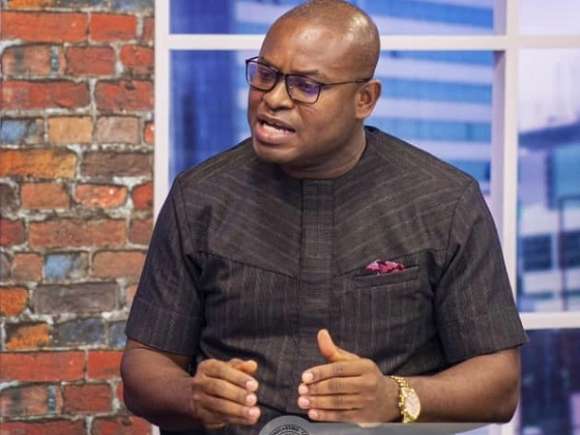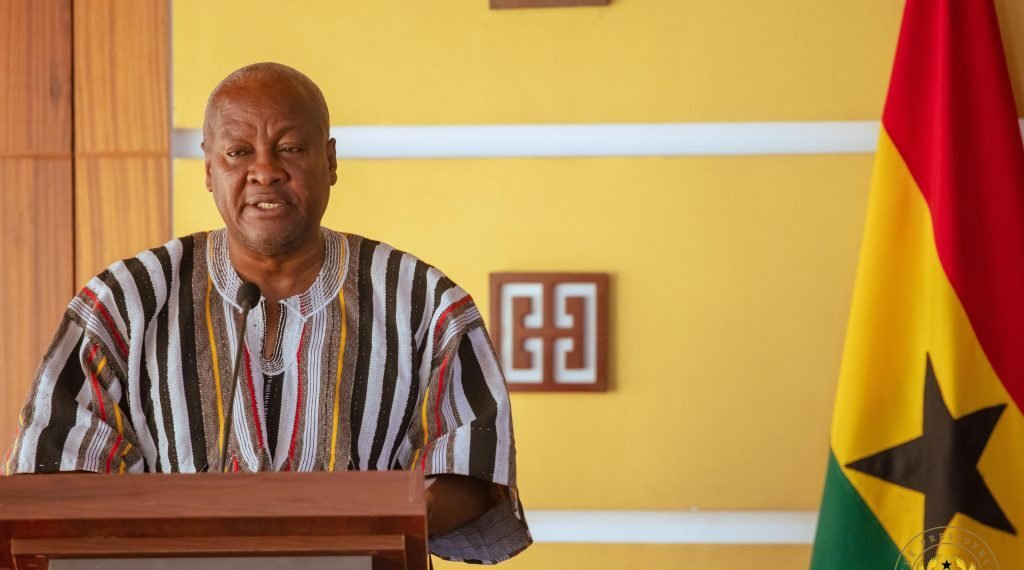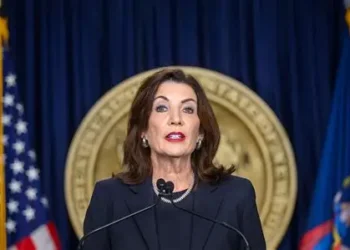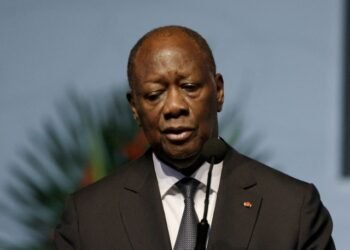The ongoing Bawku conflict has once again taken center stage in Ghanaian political discourse, with renewed accusations against President John Mahama over what critics describe as inadequate leadership in addressing the volatile situation.
Richard Ahiagbah, Director of Communications for the New Patriotic Party (NPP), raised concerns that the President’s handling of the unrest has failed to meet public expectations, sparking growing anxiety among Ghanaians.
According to Ahiagbah, citizens are increasingly disappointed by the perceived lack of progress in efforts to restore peace to Bawku.
While traditional leaders, including the Otumfuo and other revered Chiefs, continue to work tirelessly toward a long-term solution, he argued that the government’s security strategy has fallen short in safeguarding both lives and property in the area.
“Sir, the street is concerned because you promised in your 2024 election campaign that you would prioritize peace in Bawku. However, today, Bawku is not at peace, and you are the President of Ghana. Why?
“The impact of the Bawku conflict is not limited to the primary tribes; rather, it is a conflict that is today robbing peace and security on the streets across the country.”
Richard Ahiagbah
The violence, he said, is spilling over into other regions, thereby threatening national security and public safety far beyond Bawku’s borders.
This growing trend of insecurity is causing alarm among citizens and increasing demands for decisive action from the presidency.

He further urged the President to honor his campaign commitment and take concrete steps to bring lasting peace to the troubled area.
Referring to the loss of lives in recent incidents, he sent condolences to the families of victims, including students who have been caught in the crossfire of the escalating violence.
Beyond the expressions of grief, Ahiagbah emphasized that Ghana cannot afford continued instability in Bawku, especially when it has started affecting the peace and economic life of other communities.
He concluded by reiterating the call for immediate intervention to ensure that both Bawku and the nation enjoy lasting peace.
Blame Grows As Bawku Conflict Escalates
Joining the chorus of concern, NPP communicator Patrick Kwarteng Sarpong echoed Ahiagbah’s sentiments and went further to accuse President Mahama of political insensitivity.
Sarpong suggested that the current crisis is, in part, a result of years of neglect and politicization of the conflict.
Sarpong criticized the President’s past remarks, which he said downplayed the severity of the situation and created a partisan divide over a longstanding communal issue.

One of the statements under scrutiny is the assertion that “Bawku is at peace whenever the NDC is in power. Anytime NPP is in power, there is war in Bawku.”
According to Sarpong, that assertion has not held up under Mahama’s current administration. Instead, violence has intensified and spread, affecting not only the Bawku township but also the surrounding areas.
He cited the Kusaug youth as claiming that approximately 300 people have died since Mahama returned to power, compared to 50 fatalities during the eight years of the Akufo-Addo administration.
“As we speak, violence has escalated in Bawku. The violence has transcended the Bawku township and gone to nearby communities. Sir, throughout the history of this conflict, this period under your tenure marks the worst time of bloodshed in Bawku despite the few months of your reign.”
Patrick Kwarteng Sarpong

Sarpong accused the President of making lofty promises for electoral gain, only to fail the people after winning the 2024 elections.
He alleged that Mahama prioritized political success over national peace, exacerbating tensions that have now erupted into widespread unrest.
He further argued that the Bawku conflict, once devoid of political undertones, has now become heavily politicized due to Mahama’s approach.
Sarpong concluded by urging the President to return to the negotiating table and commit fully to ending the bloodshed, regardless of political cost.
The criticism from Ahiagbah and Sarpong underscores the rising national frustration over the deteriorating security conditions in and around Bawku.
As the death toll climbs and fear spreads across communities, the pressure on the President to act decisively continues to mount.
Meanwhile, under presidential directive, national security has intensified its presence in Bawku, as escalating violence forces the closure of schools and the evacuation of students from several senior high institutions in the area.
READ ALSO: Ghana’s Petroleum Wealth Funds Reach $1.42 Billion in Mid-2025



















